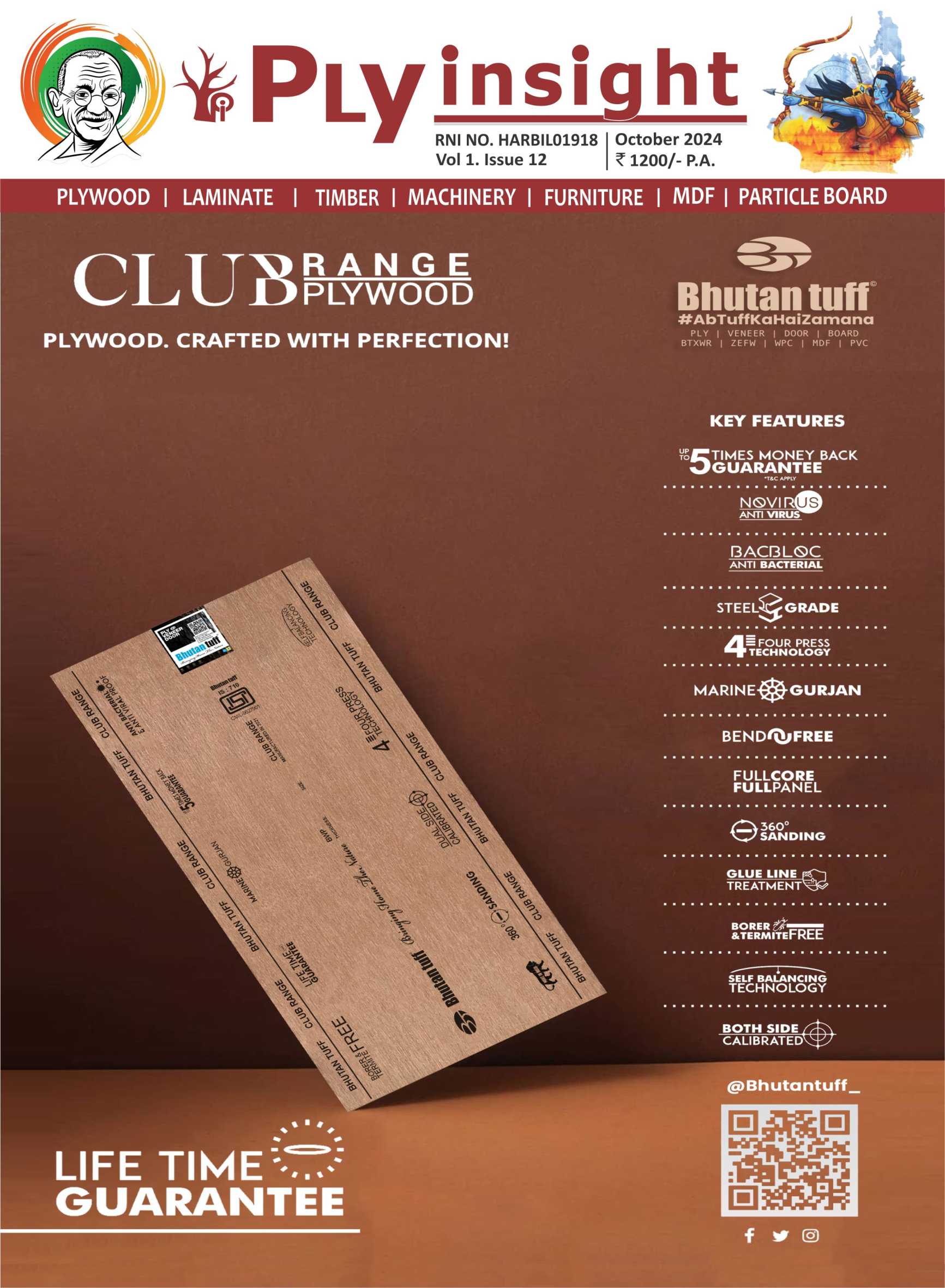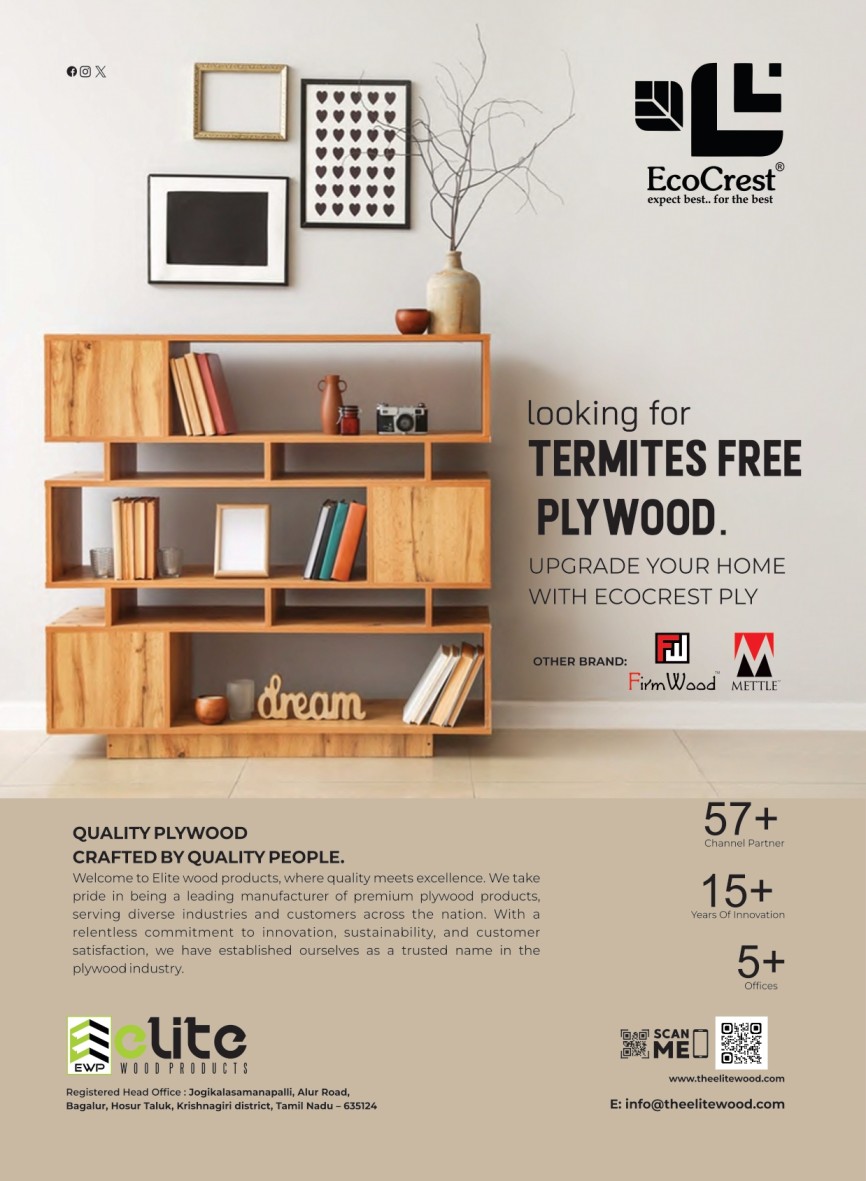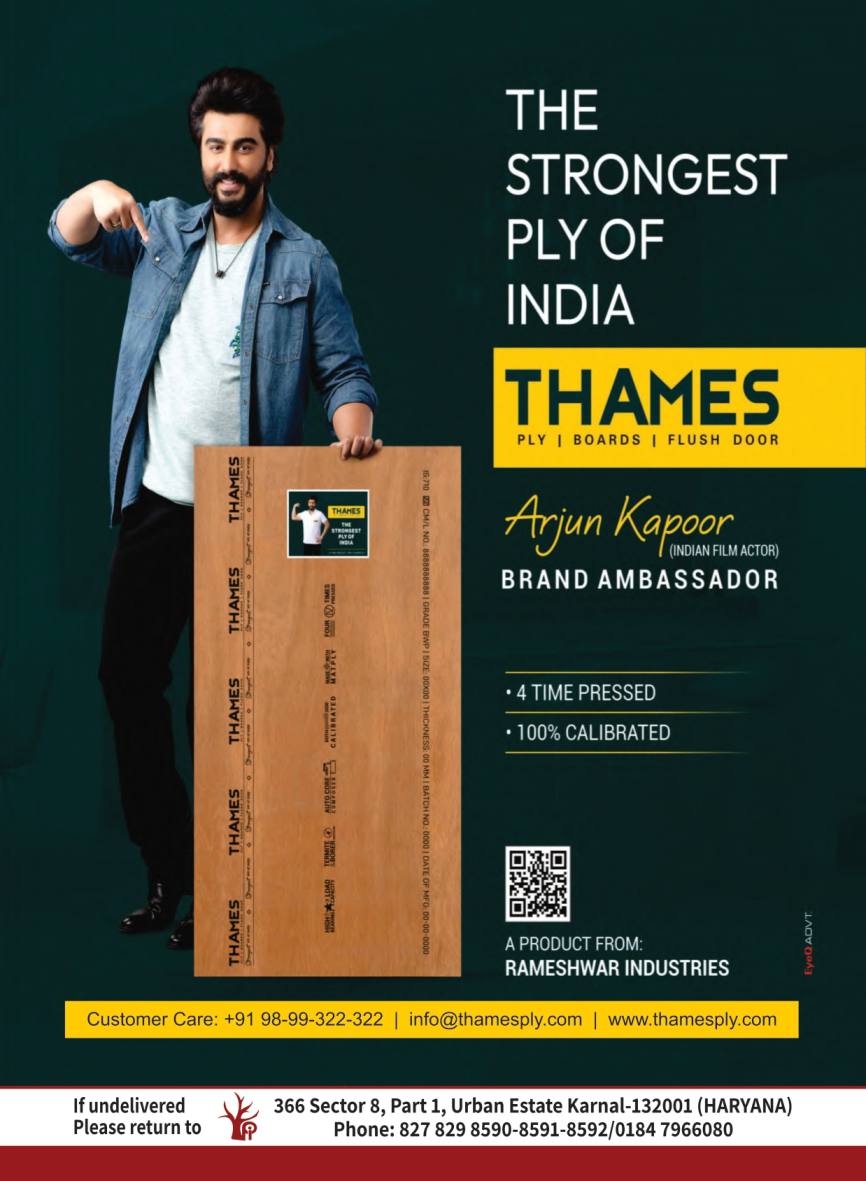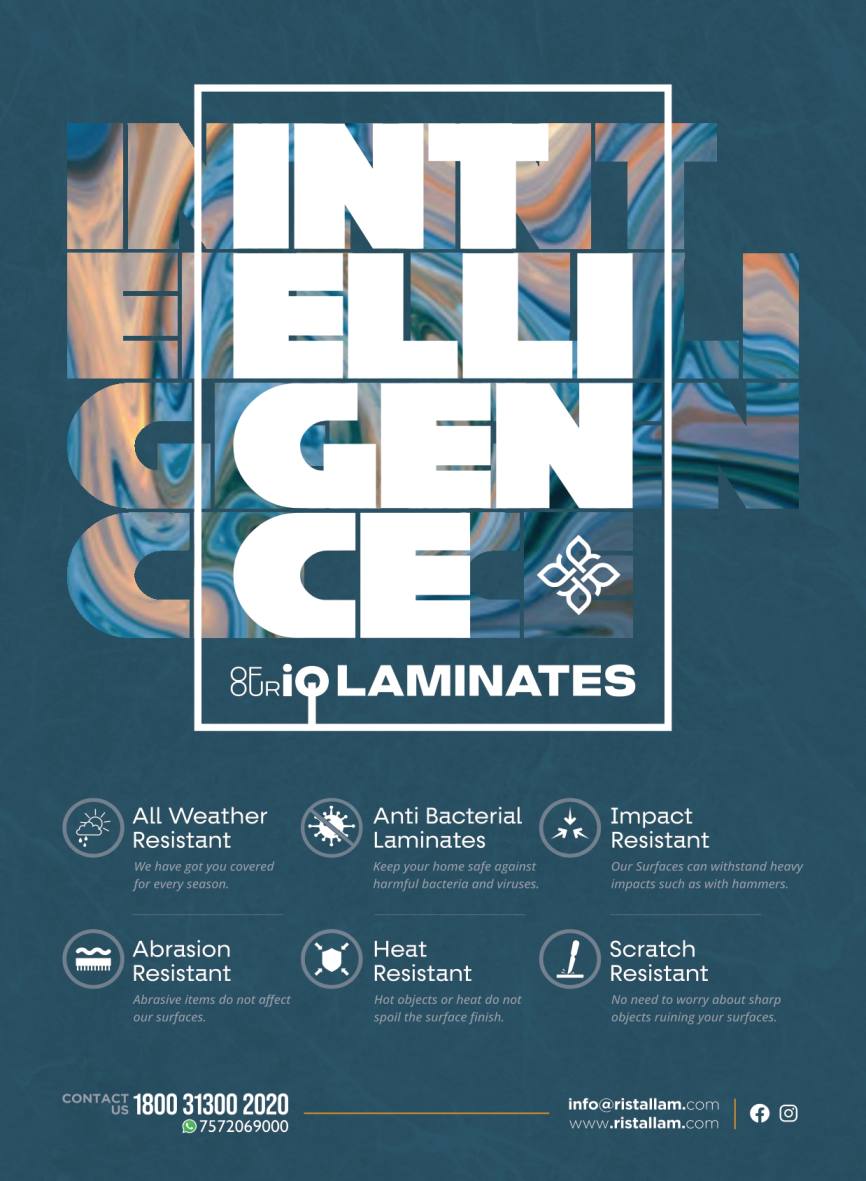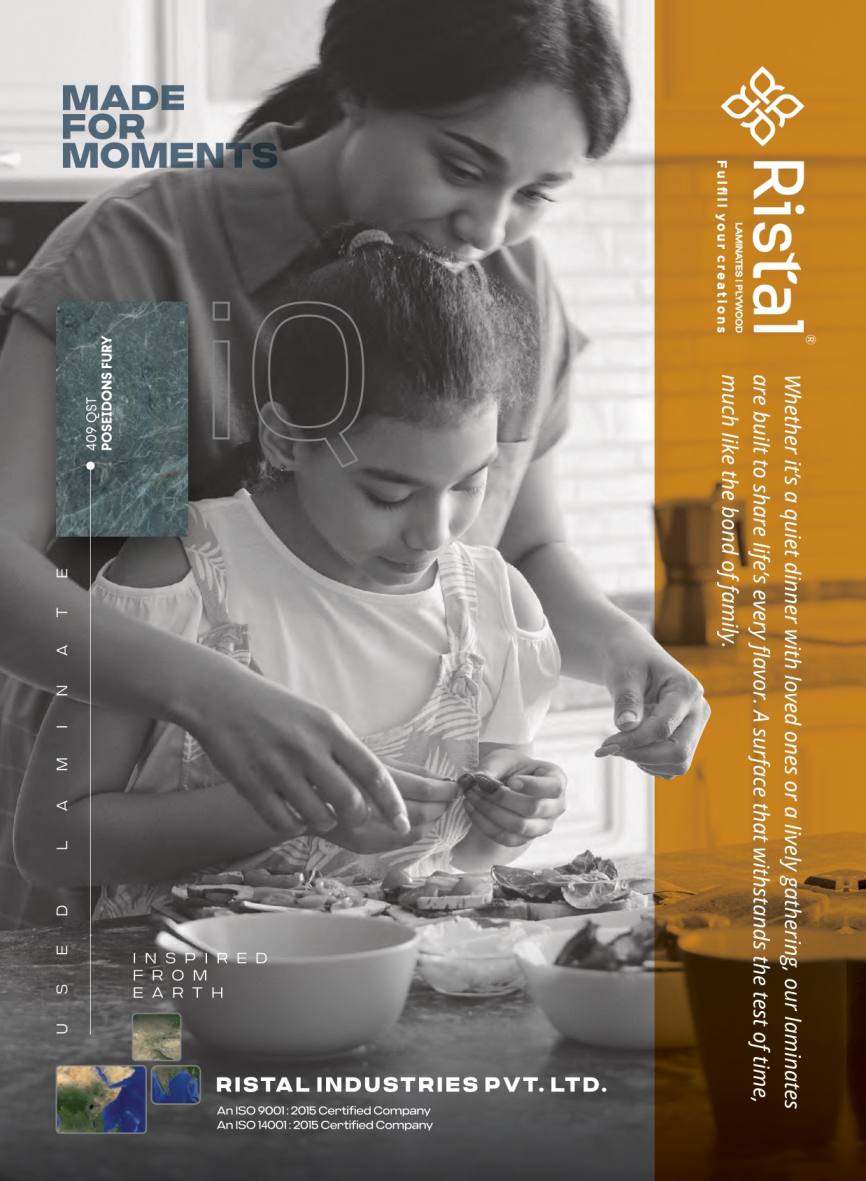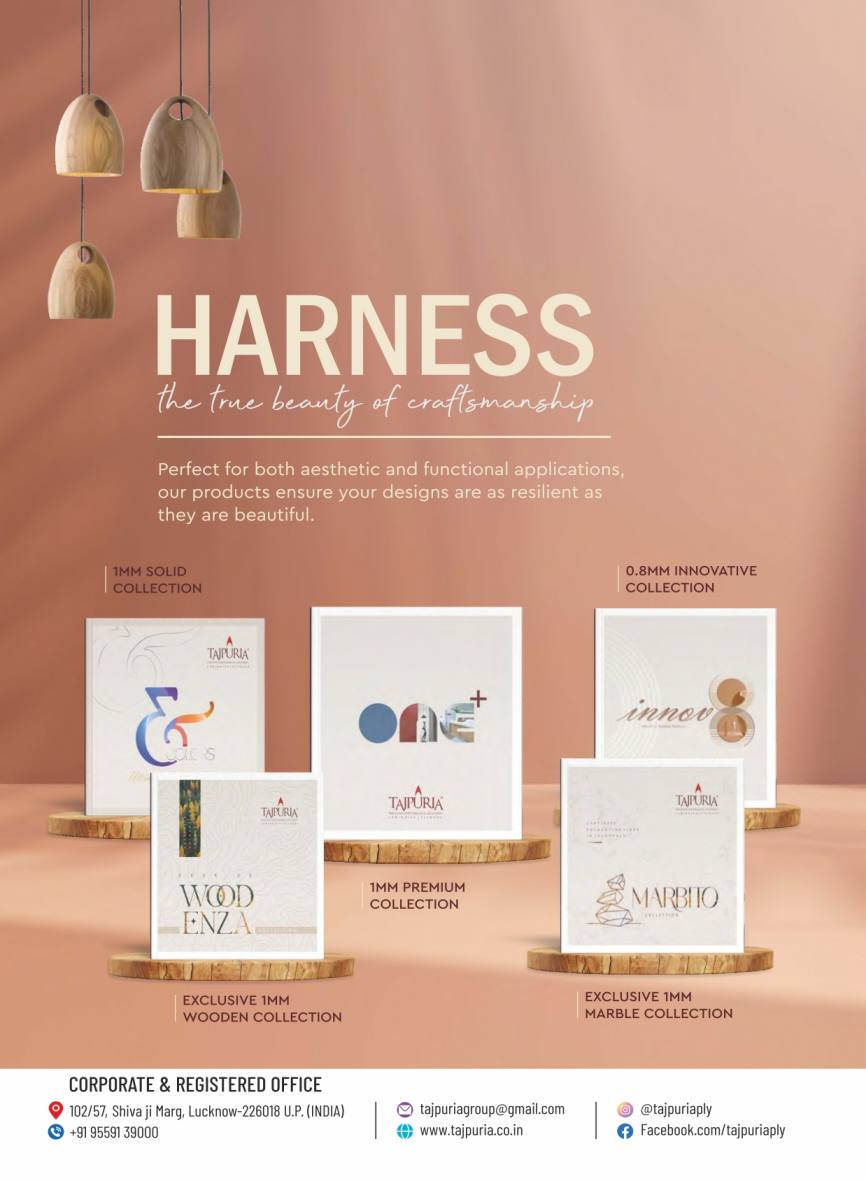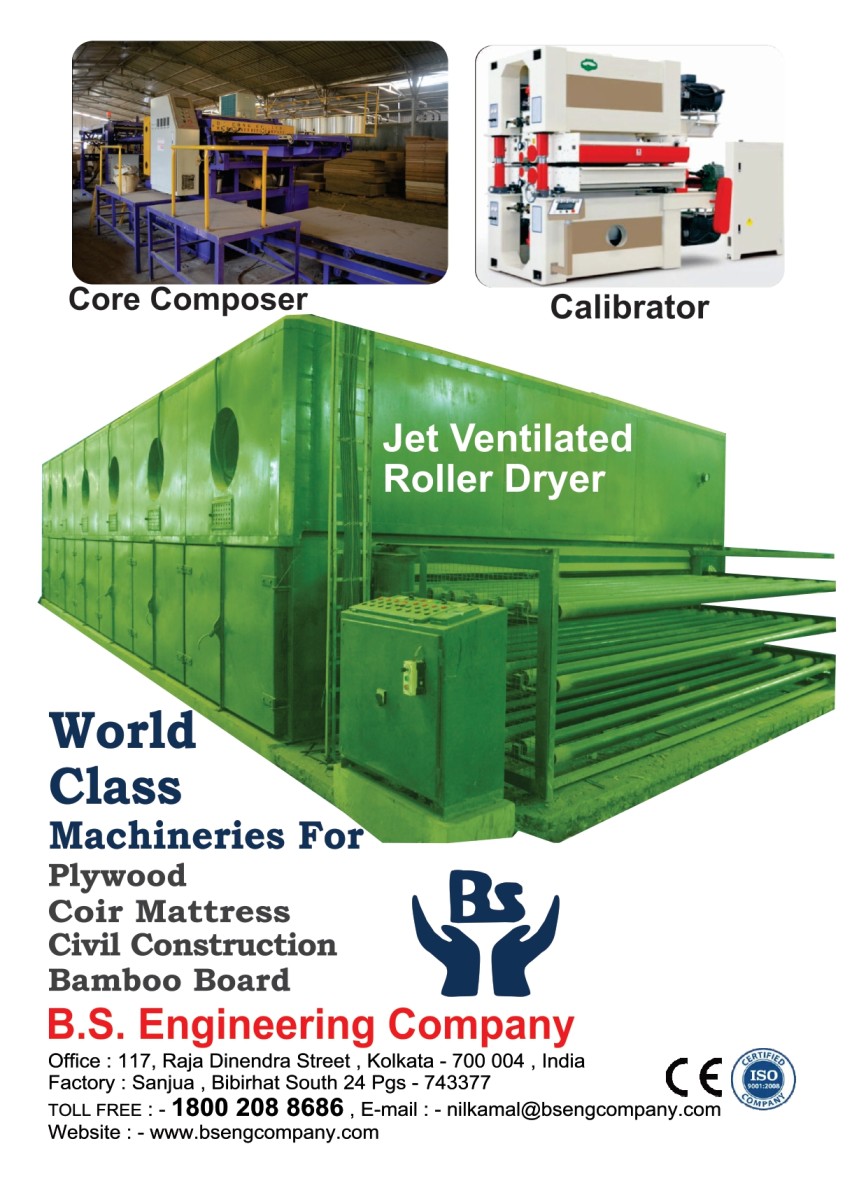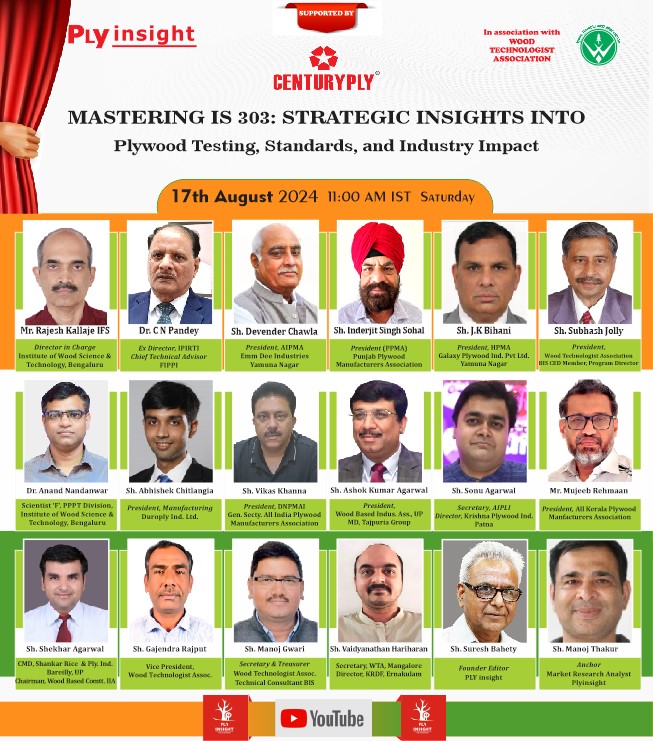
MASTERING IS 303: STRATEGIC INSIGHTS INTO Plywood Testing, Standards, and Industry Impact (Part-4)
- September 9, 2024
- 0
- Anand Nandanwar: we will discuss it in the next CED20 meeting.
- Sonu agarwal Secretary AIPLI director Krishna plywood Industry Patna
- BIS needs to pave the way of doing business easier:
After hearing to Anand ji, I am satisfied that almost all the aspects have been covered. One issue is still unresolved, that the samples that are taken are six in a year. If one sample fails, then their number will increase to 12. Twelve samples in a year are for one license. We generally have license for, board, door and shuttering beside plywood, so probably samples will be taken every week.
There are 3500 industries, out of which 20 are big, 100 are medium, and the rest 3400 are small and micro. About 2500 have not yet applied for the license.
How will they be encouraged or convinced by hearing about so many samples? When we explain to them, we our selves feel shy that we are not able to bear so many samples, how will they be able to bear it?
This is not the way to make business easy. It should be like that the process of sampling in the BIS should be reduced. Secondly, the finalised category, F10/E10, will it be written in the license, or will it have to be written on the bill also, beside the product?
How will it be implemented? Implementing it can be a little difficult. This can solve the problem of the industry, but it may create many confusion in practical. The C grade category created in the face is definitely a good step.
If the process is easy, then anyone will not hesitate to take the license. Therefore, the number of samples should be reduced.
The 80 percent subsidy that is provided for the license of micro units is not being shown online. This has created an atmosphere of uncertainty in the industry. This should be cleared and relief should be provided to the MSME industry.

- CN Pandey
Actually, it was the demand of the industry that low value products should not be rejected or thrown away. Now the range we have made includes the lowest value of MOR-MOE. We need to understand how to explain it in simple language. Packing grade material has been included in the F10 category and the highest grade material has been included in F 50.
- Anand Nandanwar
These standards have been made according to the load bearing capacity of plywood. It is necessary to make a description and understand F 10 is for which category of customers similarly F 20 or F 50 is for which customers. It is important for the producer, seller and the end users to understand this. We will discuss it in the upcoming meetings.
As far as samples are concerned, it is also a matter of practicality to check how many samples should be taken from a producer in a year. Keeping the technical issues aside. This should be discussed with BIS.
- CN Pandey
We make our products from organic raw material, we have to keep this in mind. This is a fair demand of the industry. We will try to forward it in writing.
- Anand Nandanwar
Any citizen of India can send his suggestions or apprehensions in writing to BIS.
- CN Pandey
There is a lot of difference in quality depending on the age and top and bottom of our trees, which IWST should investigate deeply.

- Sonu Agarwal
There are so many parameters, some of these should be kept as critical and some as non-critical. It should be assessed that, can we compromise on non critical elements which do not hurt the basic spirit of quality. For example, if there are standards of length, width and thickness etc., if a little compromise is made in the test result, then the matter can be resolved. And the stress of the industry can be reduced.
- Gajendra Rajput Vice President, Wood Technologist Assoc.
Till now, the batch of resin used to be of three tons, four tons or five tons prepared at one time. Now, instead of resin manufacturing, it will be decided according to Hot Press. In this way, two to three batches will be made in a single day. This will make the process complicated.
- Dr. Anand Nandanwar
The audit will be done according to the standards. Therefore, only BIS people can answer this question better.
- Manoj Gwari : The production guidelines of 2025 for IS 303 has been released. In this, the BIS officer has been guided what have to be checked, When the product will be inspected. Where exemptions can be provided and where not. It is prescribed that if the resin made in the same batch is used on four presses, then it becomes four different batches. Separate reports will be made for this. This is the issue. If we talk to BIS about this, then a solution can definitely be found.
👇 Please Note 👇
Thank you for reading our article!
If you don’t received industries updates, News & our daily articles
please Whatsapp your Wapp No. or V Card on 8278298592, your number will be added in our broadcasting list.





